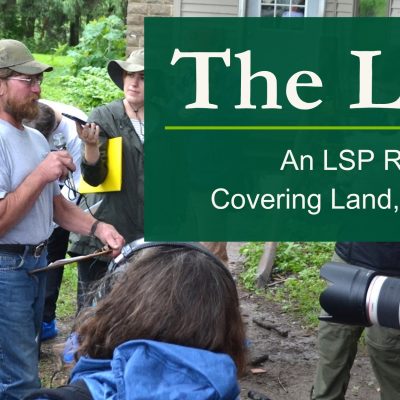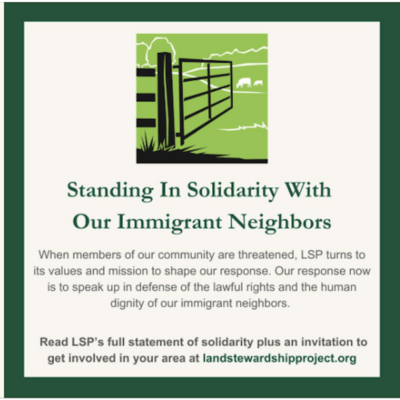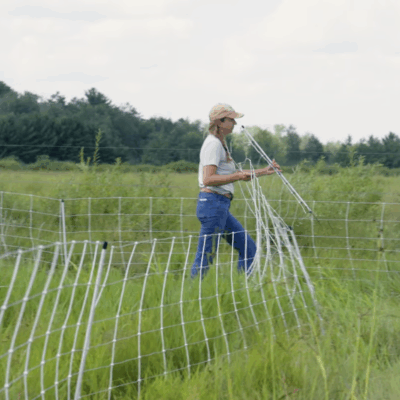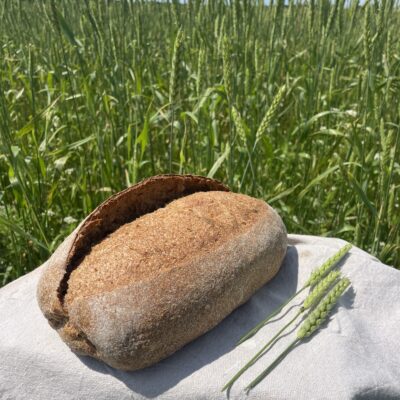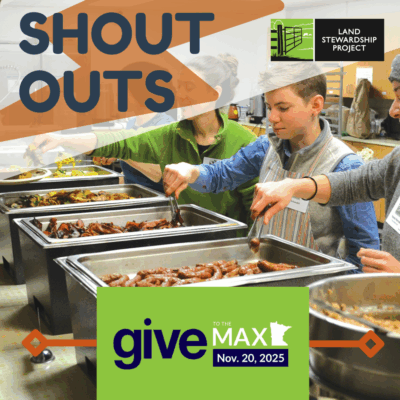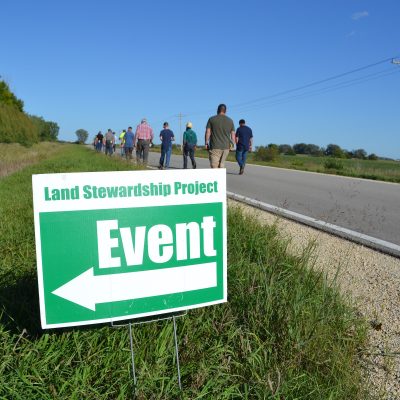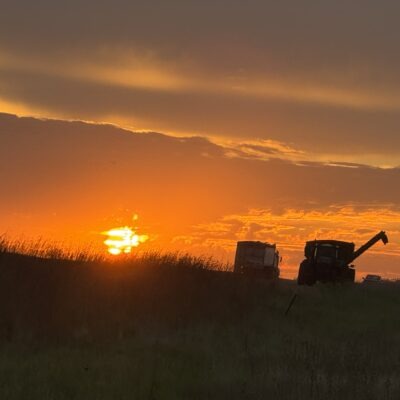Land Line: Commodity Ag Regrets, Bailout Blues, Corn & Climate, USDA Regenerative Ag Pilot, Manure Monitoring, Conservation & Community, Farmer-to-Farmer
Iowa Farm & Rural Life Poll: 2025 Summary (November) The majority of farmers responding to the latest Iowa Farm & Rural Life Poll feel that a reliance on specialized commodity agriculture is bad for them and their communities. Highlights: Sixty-nine percent agreed with the statement “Increased specialization in commodities (corn, soybeans, hogs, etc.) has led… Read More →
